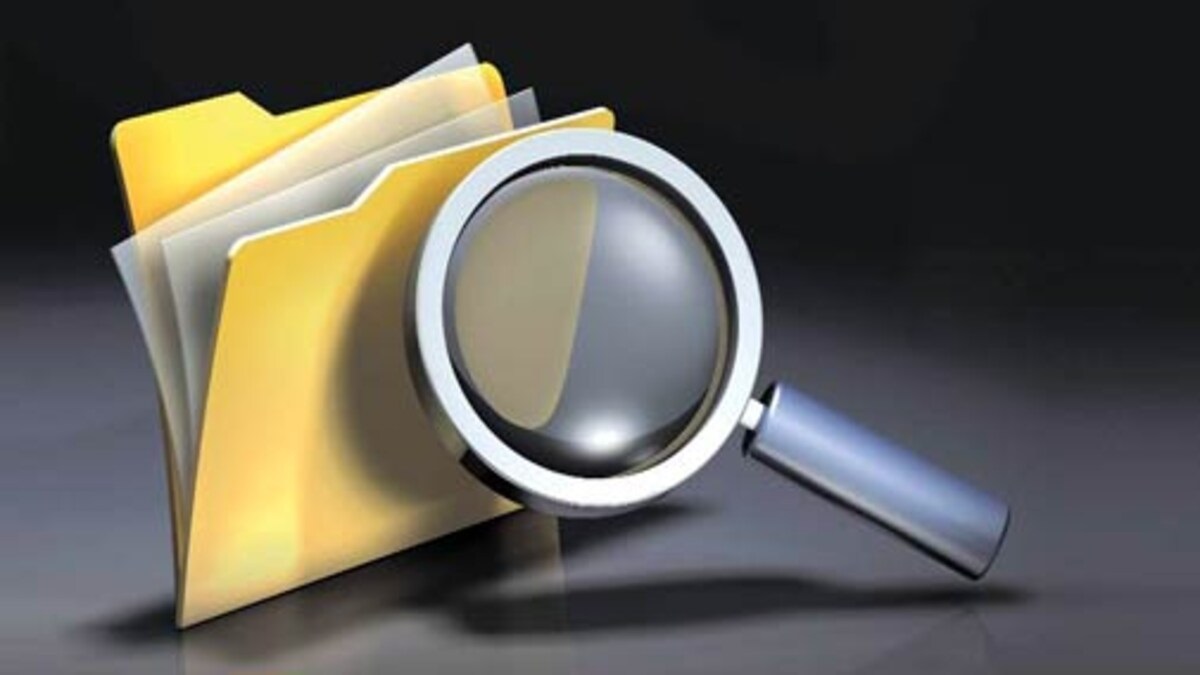You have private thoughts, ideas, and notes that we want to keep confidential. Whether it’s your journal entries, creative writings, financial information, or legal documents, having prying eyes access to this sensitive content is uncomfortable or even dangerous.
Use a locked device
The first line of defense for your private information is a locked smartphone, laptop, tablet, or PC. Set up a strong password, PIN, pattern lock, or fingerprint ID system to restrict access. It ensures that if your device is lost or left unattended, the contents remain secure. You should also enable encryption on your devices whenever possible, which scrambles data so it only be viewed with your encryption key. Make sure to use a strong, unique password for encryption as well.
Store notes in a secure app
Rather than leaving sensitive notes in your regular note-taking apps, use a secure app designed specifically for private journaling, writing, and note storage. These apps allow you to lock notes behind a password, PIN, or biometric login method for an added layer of security. They encrypt your content so that nobody hacks into the app and view your notes. Some even offer advanced privacy features like decoy passwords. Look for zero-knowledge architecture, meaning neither the app developer nor any other entity accesses the content of your notes.
Back up sensibly
While securing your devices and encrypting notes are good precautions, accidents still happen. Spilled coffee fry a laptop just as easily as a thief steals one from the library. That’s why it’s critical to back up your private journals and documents in case disaster strikes. However, you must be extremely careful in how you conduct these backups. Never back up sensitive files to unencrypted cloud storage or a shared computer others access. Instead, manually back them up to an external encrypted hard drive or USB drive that only you control. Store this drive in a secure physical location like a locked safe or safety deposit box.
Use caution with shared computers
What happens to the safenote if startup fails? When working on shared or public computers, take extra care with private data. Avoid accessing sensitive notes or documents on library computers, school machines, or your roommate’s laptop. If you must use a shared computer, log out of all accounts when finished and clear the browser history and cache. Better yet, don’t type or view any private notes on these machines at all. The same cautions apply to shared network drives hosted by your employer, school, or organization that others access. Always wait until you are on a trusted private device that you control before viewing personal notes.
Go old school with paper journals
Ultimately, the only 100% foolproof way to ensure your notes and journals won’t fall into the wrong hands is to write them by hand in a classic paper notebook rather than storing them digitally. While this analog approach lacks features like keyword search, some still prefer the raw privacy it guarantees. If you journal with pen and paper, just be sure to store your notebooks and diaries somewhere very secure like a home safe, safe deposit box, or similar locked container that only allows access to you. While paper notes still be hacked the old-fashioned way if someone gains physical access, it does limit prying eyes.

Comments